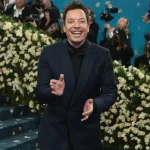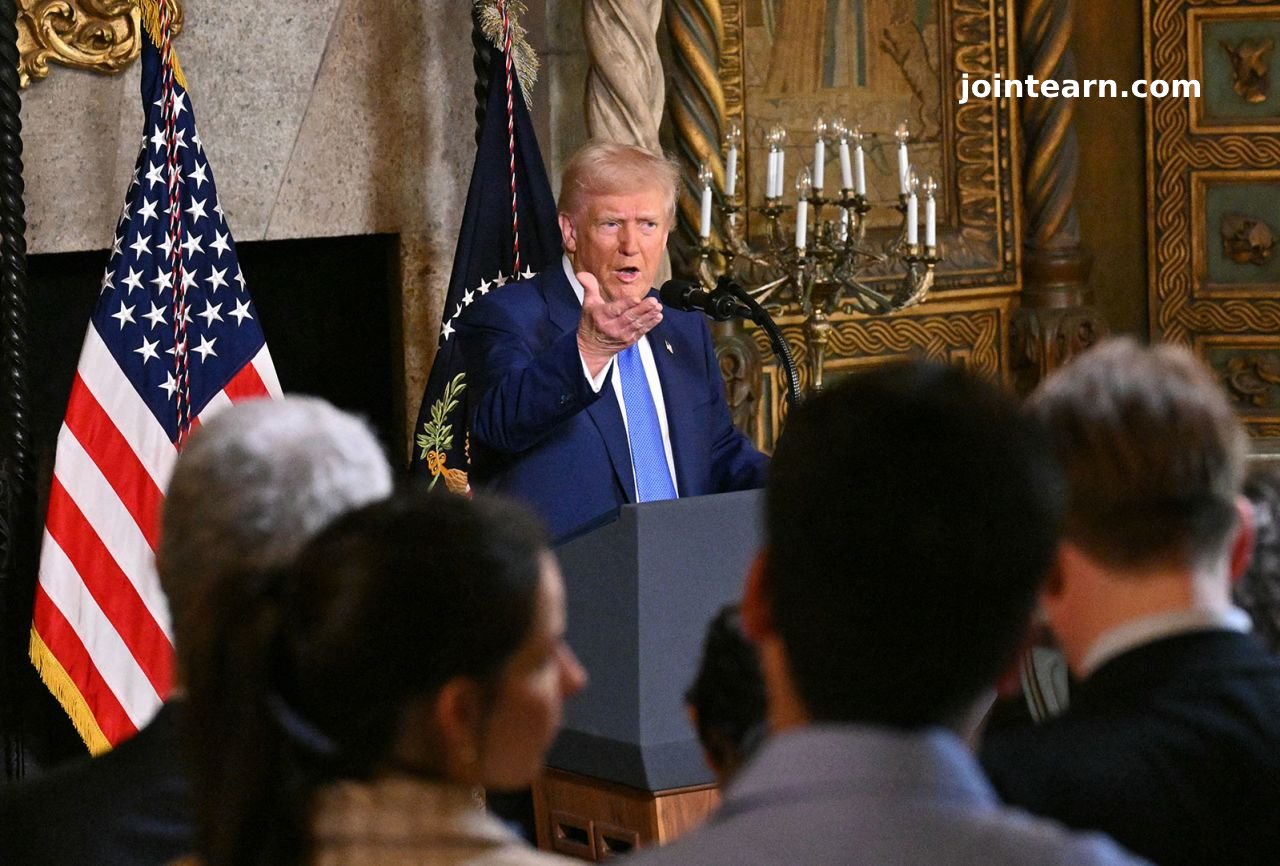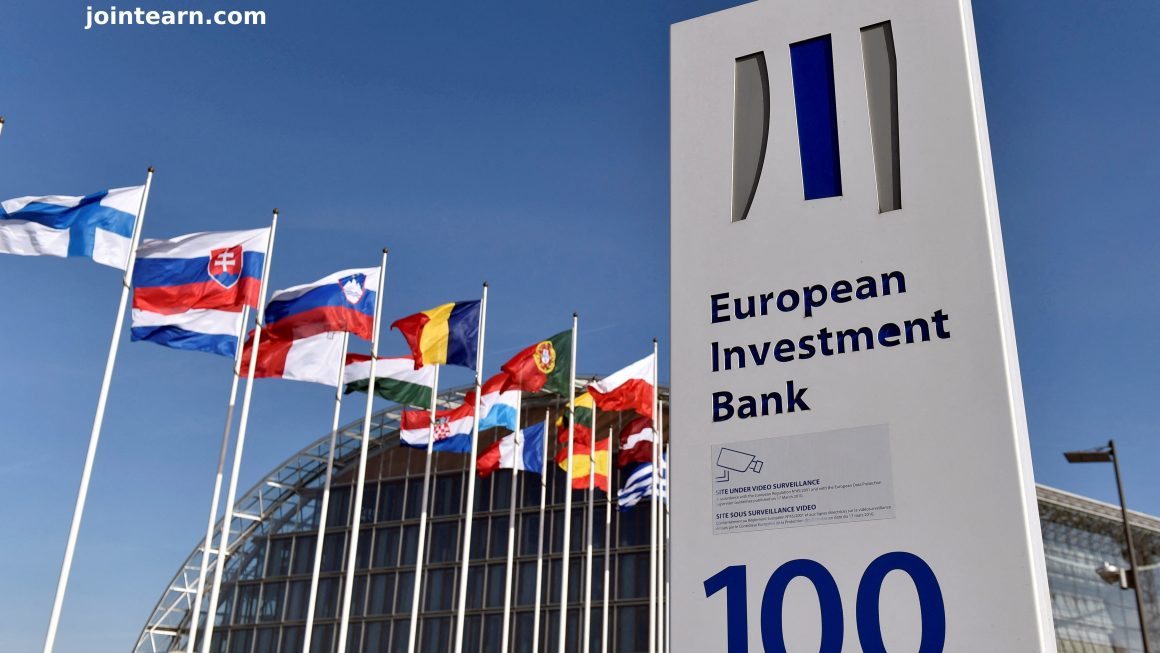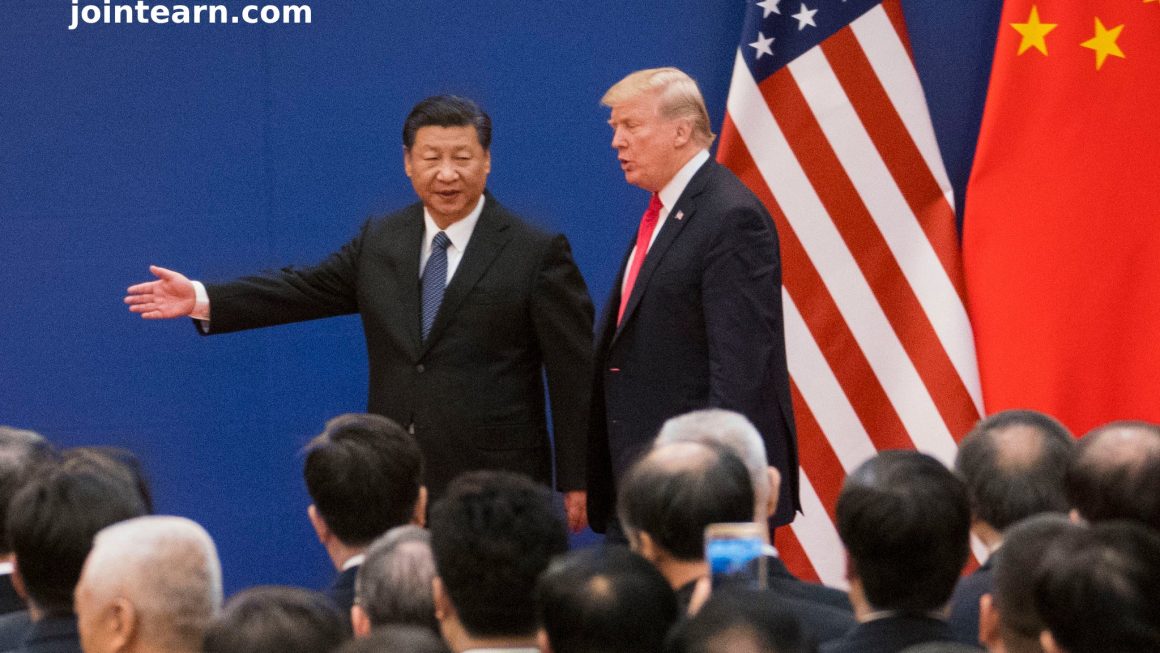European leaders remain uncertain about what direction President Donald Trump will take next regarding Russia’s war in Ukraine, as stalled peace talks and shifting U.S. positions complicate the international response.
The first direct Ukraine-Russia talks in three years, held in Istanbul, ended Friday without a ceasefire agreement. Moscow reiterated hardline demands, including Ukrainian neutrality, recognition of Crimea and other regions as Russian territory, and withdrawal of Ukrainian forces before any ceasefire.
European powers—France, Germany, Poland, and the UK—joined Ukrainian President Volodymyr Zelenskiy in a call with Trump to discuss next steps. While Europe expressed disappointment at the talks’ failure, it remains unclear whether Trump’s stance will harden against Russian President Vladimir Putin or tilt toward diplomatic engagement.
A week ago, optimism rose as the U.S. and Europe appeared united on a tough ultimatum: an unconditional 30-day ceasefire or severe sanctions on Russia. However, Putin’s offer to renew talks shifted the narrative, with Trump urging Zelenskiy to meet Russia “immediately” and suggesting he might personally mediate a breakthrough.
Despite these hopes, the Istanbul talks faltered. European leaders criticized Russia’s choice of low-level officials to negotiate and rejected Moscow’s maximalist demands as unacceptable.
Publicly, Europe maintains a firm stance, warning of sanctions should Russia refuse a truce. UK Prime Minister Keir Starmer emphasized the necessity of an unconditional ceasefire and consequences for Putin if Russia continues to avoid meaningful negotiations.
Privately, European officials express frustration over Trump’s unpredictable approach. Some hope recent developments will convince the U.S. president that Russia is not serious about peace and that stronger sanctions are necessary.
There is speculation Trump may still support enhanced sanctions, including a bipartisan bill by Senator Lindsey Graham proposing “bone-crushing” penalties on Moscow’s financial networks and energy exports. Yet skepticism remains about Trump’s willingness to fully back these measures.
The European Union plans a new sanctions package targeting Russia’s oil tanker fleet, with further restrictions on pipelines and financial sectors expected. The G7 has also discussed lowering the price cap on Russian oil.
The gap between Russian and Ukrainian positions remains stark. Putin’s delegation, led by aide Vladimir Medinsky, insists on terms Ukraine rejects, while Zelenskiy demands a ceasefire and peace talks under international law.
U.S. officials have made clear that decisions on next steps hinge on Trump’s leadership. The president, returning from a trip abroad, said he “may” call Putin soon to discuss resolving the conflict, underscoring the uncertain path ahead.












